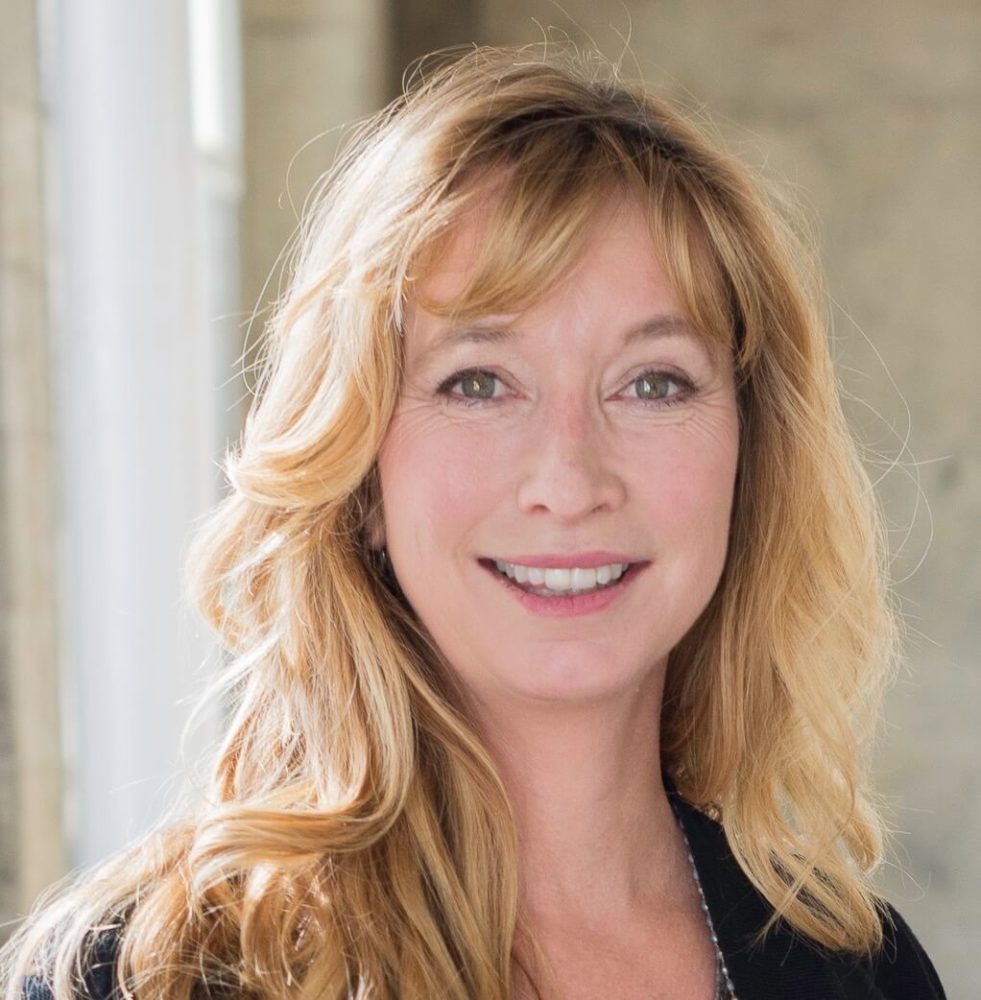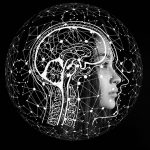
The words “caring” and “empathetic” aren’t ones normally associated with technology. Liesl Yearsley, an Australian entrepreneur with an expertise in artificial intelligence, is trying to change that.
Yearsley is the founder of Akin, a robotics startup that currently uses a tablet-based system with avatars to help users manage the myriad of tasks related to homelife, whether that’s planning meals or watering plants or reminding yourself to pay your cell phone bill. Right now, her assistive technology is being rolled out in Australia to some 10,000 people with disabilities – and their caregivers – under a contract with the government’s National Disability Insurance Scheme.
But Yearsley, who also calls San Francisco home, plans to make it available to a much broader swath of users in the U.S. and elsewhere with an even more ambitious goal in mind. Current home devices made by Google or Amazon or Apple use predictive AI to track patterns, reinforce behaviors and manipulate buying decisions – some of which, she posits, are questionable or just plain unhealthy. (For example, here’s a video of an Alexa user placing a hands-free voice order for his usual Domino’s pizza, all while playing a Zombie video game.)
In contrast, the AI that she is developing will be designed to run the human home, encouraging healthful decisions such as taking a nightly walk or re-stocking the fridge and supporting social interactions like lunches or birthday celebrations with friends. “It’s the hardest AI I have ever built,” Yearsley says. “It’s not just trying to solve one problem. It’s a complex system.”
Yearsley began developing the Akin technology in 2017, when she realized the need to better manage the home is hugely overlooked. She had just left IBM, which had acquired her startup Cognea – a conversational AI platform – and was developing robots under contract for NASA. “We’ve all been missing the biggest labor productivity area of all, but it’s the home,” she says.
It’s perhaps not a coincidence that women disproportionately bear the burden of household work (an example of gender inequality made worse by the pandemic, which some have called “grotesque.”) A United Nations report estimates that women do 2.6 times the amount of unpaid care and domestic work that men do, or close to 30 hours per week in the U.S. alone.
And innovation has stalled, Yearsley notes. In the 1950s, inventions like the dishwasher, vacuum and washing machine – early examples of robots, to some extent – gave many women back their time, with the majority choosing to use that time to go back into or enter the workforce. Today, “the actual time-cost to run the home is going up again,” she says, especially with many people – women in particular – caring for children, elderly parents and disabled individuals, sometimes all at once.
While Yearsley envisions an army of robots someday helping with routine homemade tasks, the rollout for Akin will take time…and money. She estimates she will need $100 million to further build out the technology, and it’s been difficult to raise capital. “The typical venture capital response,” she says, is to ask “‘where are you applying it?’ If I said ‘space’ they’d lean in – if I said ‘home’ they’d say ‘my wife does that.’ We’re not in a blokey sector. We’re seen as a chick problem.”
As a work-around – or high-end field trial, depending on how you look at it – Yearsley is raising capital by rolling out the tablet-based assistive technology to people with disabilities in Australia, where the NDIS program covers the costs for the user. Within two years, she plans to roll-out a similar tech to the disability sector in the U.S., where some 61 million adults live with a disability, according to census data.
Yearsley, who has a special-needs child and a relative with quadriplegia, says it makes sense to focus on the disability sector because of the supreme in-home needs of users and their caregivers. “We have a lot more work load,” she says. “Are we giving time back to caregivers? I am not going to rest until I give you back 10 hours a week.”
As for Akin’s launch in Australia, “we’ve had a faster uptick than expected,” Yearsley says. “We’re constantly iterating the product. We’re having to build out delivery and customer-support systems and onboarding the Australian government…” she trails off. “It’s complex.” She’s currently hiring sales, branding and marketing, and customer support teams.
Akin has received some early seed from a handful of investors, and was recently selected as a finalist for tech giant LG Nova’s Mission for the Future program, an annual challenge that seeks to identify businesses that could improve life in the future. The selection comes with mentoring and $100,000. In announcing the finalists, LG Nova head Sokwoo Rhee called Akin and other concepts “groundbreaking, thoughtful tech innovations” that have the potential to “lead society into the future.”
That future, Yearsley hopes, will include a lot more help for running the home. On a recent tour of her Sydney studio over a Zoom call, she pointed to an R2-D2-like robot that her company is separately developing for NASA’s Jet Propulsion Laboratory. “Hopefully one day it will do my dishes and get my husband out of bed,” she joked.
But the task of changing society – hopefully for the better – is hard work. “You have to be a little masochistic and a little crazy,” she says. ” I can’t think of anyone else trying to do what I’m doing. It’s a little bit nuts.” ◼




